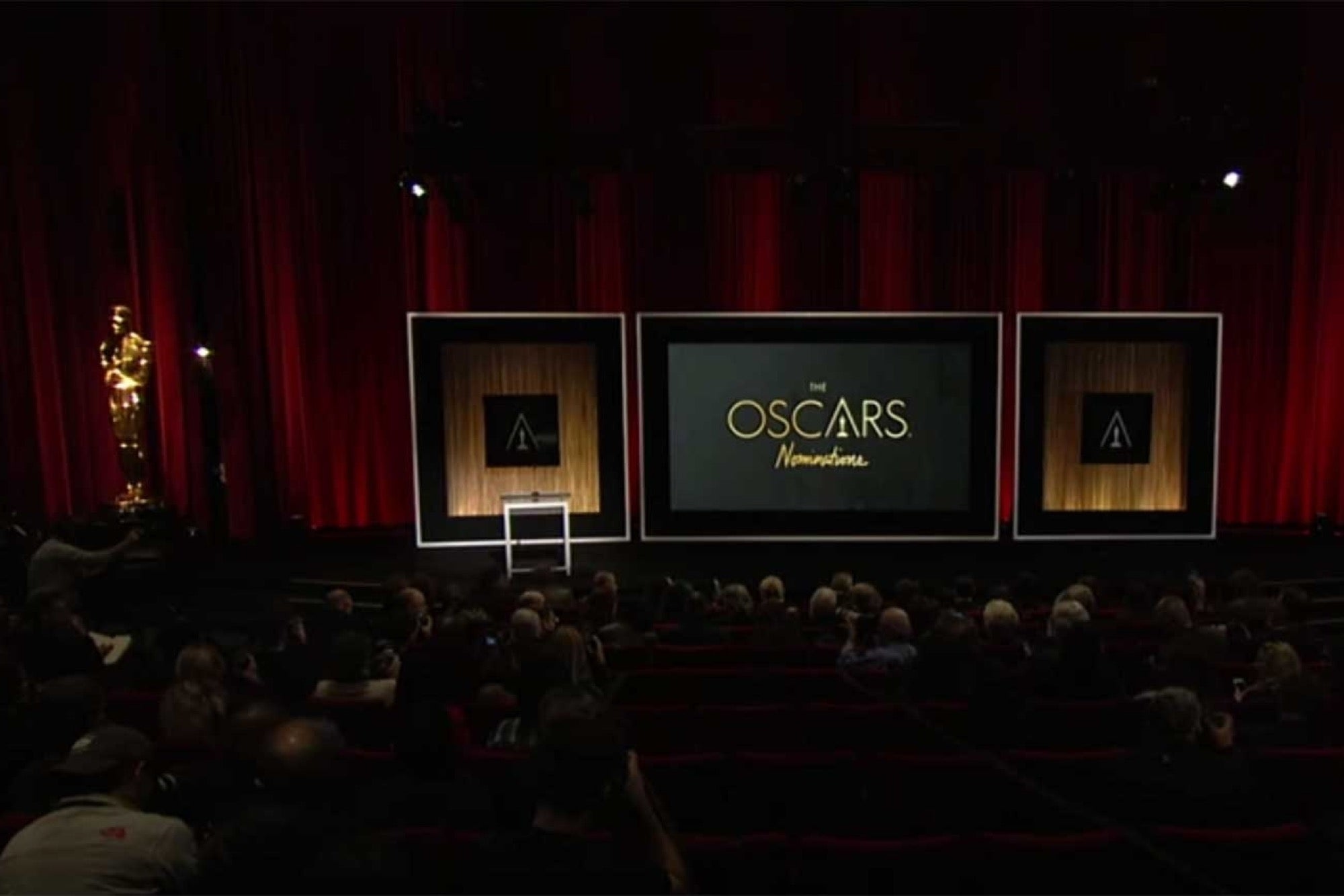Twitter Makes Fans Part of Oscar Night But the Stars Play Hard-to-Get An examination of Twitter traffic reveals how, and what, was hot during the Oscars but also finds Tinsel Tone is much less likely to engage fans than are more prosaic industries.
By Darryl Villacorta Edited by Dan Bova
Opinions expressed by Entrepreneur contributors are their own.

Between mani cams and after-party menus, the mystique of the Oscars is falling to the wayside thanks to social media. When you have celebrities taking selfies on the red carpet - and a guest dressed in a bear suit -- the glamor of Hollywood doesn't feel all that out of reach to the people sitting at home.
In fact, consumers have never felt more attached to their favorite stars on social. According to data from The Q1 2016 Sprout Social Index, the average media and entertainment brand receives about 3,000 messages a month on Twitter and Facebook (compared to just 900 inbound messages across other industries). Meanwhile, these brands are the worst at responding, at a rate of just 6.6 percent (compared to 10.7 percent for other industries).
The Academy Awards provide a snapshot into this growing trend. As people chatted up a storm around the entertainment industry on its biggest night of the year, the official #Oscars (and #Oscar) hashtag spiked by a whopping 1,257 percent in just 24 hours.
But the conversation wasn't just around the #Oscars itself. There were a few other notable moments happening on social that deserve a closer look.
Competing interests on Twitter.
Twitter was ablaze with people speaking out against the lack of diversity during this year's Oscars. Some Hollywood heavyweights even boycotted the ceremony all together.
As a result, the #OscarsSoWhite hashtag attracted a lot of attention, earning 10 percent share of social voice among #Oscars (and #Oscar) as well as #AcademyAwards this month.
During the big event, however, #OscarsSoWhite dipped to 5 percent, as #Oscars (and #Oscar) reached a 91 percent share of social voice. That said, #OscarsSoWhite still managed to outperform #AcademyAwards by 2 percent.
Social spikes for the night's brightest stars.
As expected, Best Actor Leonardo DiCaprio and Best Actress Brie Larson received a boon on Twitter, with DiCaprio mentions spiking by 387 percent from Saturday to Sunday and Larson mentions skyrocketing by 452 percent during the same time period.
Of course, hosting the Oscars is a competition in its own right too, as one year's emcee is invariably compared to the next. In 2015, Neil Patrick Harris owned the social mic for the night, seeing a 284 percent increase in mentions from Saturday to Sunday.
So was the always-outspoken Chris Rock able to outpace him? According to Sprout Social's data, not quite. Rock mentions increased by 265 percent in the same 24-hour timeframe.
The red carpet battle, from TV to Twitter.
While the Oscars air on ABC, the event is also covered by a variety of other networks. So which red carpet coverage resonated the most with fans on Twitter, and how did this compare to last year's brouhaha?
In 2015, @eonline was the clear winner, earning 56 percent share of social voice. This year, @abc dominated at 62 percent.
Is the industry tone deaf?
With all the conversation happening around the industry on social, you might expect Hollywood to take the opportunity to engage with fans in a more meaningful way. But history suggests that on Facebook and Twitter at least, Tinsel Town is tone deaf. In fact, for every nine promotional messages the industry sends out, it issues just one response to a fan.
This misguided strategy probably won't be sustainable for long. Nielsen reports that social engagement is now viewed as a key factor in media planning and buying, because it provides a better indication of audience preferences. Thus, smart brands (celebrity or otherwise) will start responding to fans more often, recognizing that social is very different from TV and, therefore, no place for an ongoing acceptance speech.










